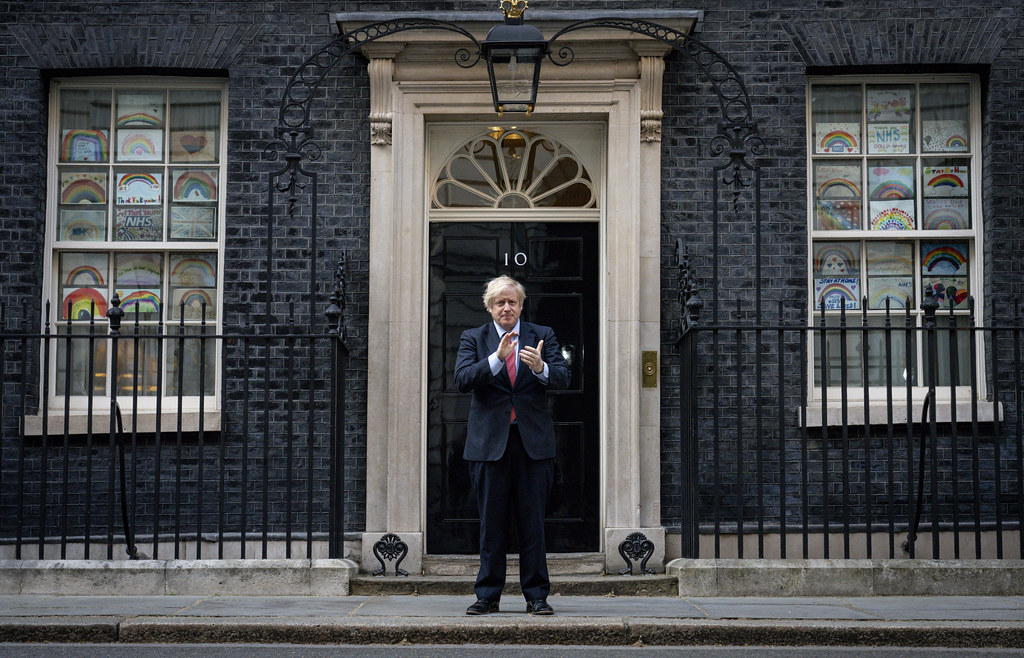LONDON (Parliament Politics Magazine) – As Dominic Raab said, the “democratic result” of the vote should be honoured, rebel Conservatives have given Johnson until the party convention to reverse course, or rules would be changed to allow another challenge.
After weeks of outrage at lockdown-breaking parties at Downing Street and suspicions that the party’s direction is causing a polling dip, Johnson lost the confidence of 41% of his MPs in a vote on his leadership on Monday night.
This week, the prime minister will try to reclaim control of the political agenda by announcing that the government would introduce legislation to overrule portions of the Northern Ireland protocol, a move that is certain to exacerbate tensions with some critics of the party.
On Thursday, he will deliver a significant address on housing, including plans to expand the right to buy to housing associations.
This week will also see the release of a significant review of NHS leadership, which will aim to “level up” failed trusts. Johnson will inform his cabinet on Tuesday morning, on fresh proposals to reduce childcare costs in the coming weeks, which are largely expected to allow carers to take on more children.
Johnson will also restate his intention to improve delivery at cabinet, focusing on the cost of living, the NHS backlog and crime among other issues.
He’ll argue that that was a government that delivered on what the people of the country cared about most, citing government accomplishments such as household support and police officer recruitment.
“Today, I commit to continue to meet these objectives. We are on the side of the hardworking British people, and we will get the job done.”
Tobias Ellwood, one of Johnson’s most vocal detractors, warned on Tuesday that the opposition to him was so strong – with 148 MPs voting against him – that he only had months to turn things around. Johnson should be safe from challenge for a year under existing party rules, although rules can be amended by the 1922 Committee’s backbench executive.
A lot of work was there to be done: a restructure was now required – bringing in fresh talent and truly starting focusing on the fundamental challenges, he told Sky News.
They should do things that appeal to the whole country, not just their base – more exciting policies than Channel 4 privatisation and the return of imperial measurements, but a serious economic policy that would truly assist to address the cost of living crisis, he said.
He believed they were talking a matter of months, up to party conference [at the beginning of October], he said when asked how long he thinks Johnson will be prime minister.
Following Monday’s confidence vote, Raab said the Conservatives should “draw a line in the sand.” It had been a clean and decisive victory. They were moving forward to deliver for the people of the country, and that was how they showed their citizens that they were doing the right thing.
When asked if he could trust on his dissenting colleagues to back initiatives, Raab responded, saying that when you looked at their policy agenda, there was a huge amount that united them together.
Potential Conservative defeats in byelections in Wakefield, West Yorkshire, and Tiverton and Honiton, Devon, according to the deputy prime minister, are not indicative of the party’s fortunes.
By elections were often an opportunity for a protest vote in a way that a general election wasn’t, he stated on LBC. Governments frequently lost byelections before winning them in a general election. But they would do everything in their power to win both seats and support both of those outstanding candidates.
Johnson should “set his mind to getting out,” according to former Tory leader William Hague, in order to give the party a fresh start. While Johnson had survived the night, he wrote in the New York Times, the damage done to his premiership was grave.
Words had been spoken that couldn’t be taken back, reports had been published that couldn’t be undone, and votes had been cast that reflected a level of rejection that no Tory leader had ever experienced or survived. He needed to recognise that deep down and focus on going out in a way that saved the party and country such anguish and uncertainty.






